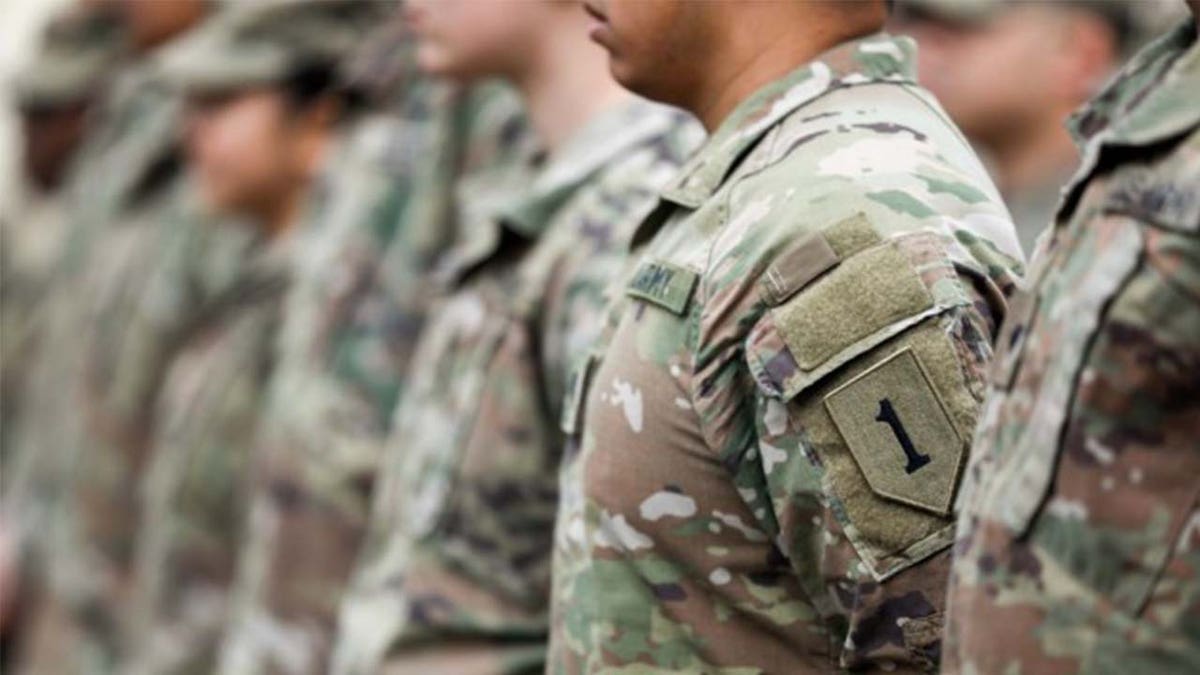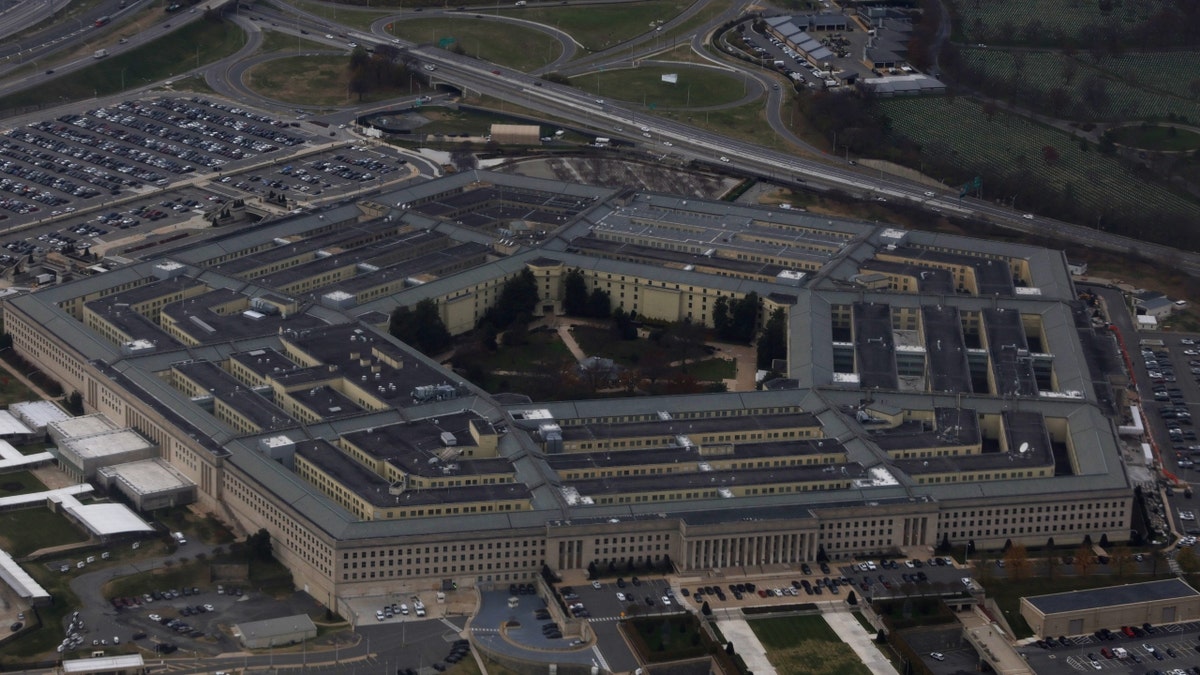Gen. Frank McKenzie on what be ready to deploy for US troops means in Israel-Hamas war
Ret. Gen. Frank McKenzie offers insight into a second aircraft carrier heading to the Middle East and how U.S. troops are preparing to potentially deploy on Your World.
Service members at some of the most expensive duty assignments are set to receive a cut in a monthly allowance designed to offset high costs of living.
The Defense Department will make a second round of cuts to troops' overseas cost-of-living allowances (OCOLA) next month, with the final cut coming on Nov. 15 and effecting members' Dec. 1 paychecks, according to a report from Military.com
The final cuts come after nearly a year of delay, with lawmakers passing a restriction into last year's National Defense Authorization Act that limited decreases in the allowance to once every six months. The Defense Department announced the first cut to the OCOLA rates in May, with the final cuts now set to come next month.
AIR FORCE CUTS PAY FOR TOUGHEST JOBS, REFUSES TO DISCLOSE DETAILS TO SPOUSES, PUBLIC

U.S. Army soldiers stand in formation. (U.S. Army)
The cuts will also impact troops stationed in areas outside the contiguous U.S. such as Alaska and Hawaii, two duty locations with notoriously high costs of living.
According to the report, an E-4 with one dependent stationed in Alaska can expect to lose out on about $129 a month, while a major with four dependents will see a decrease of about $464.68 per month. Over 230,000 troops receive the OCOLA allowance.
The report notes that the cuts come as inflation has continued to drive prices higher in the continental U.S., a situation that has diminished the gap between the cost of living for troops in typically expensive locations and their counterparts serving in the contiguous 48 states. That shrinking gap as well as currency fluctuations necessitated the cut to the allowance, which is calculated by comparing the costs of goods and services overseas to U.S. prices.

The main entry point to Fort Wainwright on April 5, 2023, in Fairbanks, Alaska. (Eve Baker/Fort Wainwright Public Affairs Office, File)
Commanders at overseas duty locations have the ability to protest the changes in their areas, the report noted, but such protests must be accompanied by documentation of how the Pentagon's calculations do not match the realities troops face.
Senior defense officials have also pointed to this year's 4.6% pay raise in basic pay for troops, arguing the bump will help offset any reductions in the OCOLA allowance.

The Pentagon is seen from a flight taking off from Ronald Reagan Washington National Airport in Arlington, Virginia. (Alex Wong/Getty Images)
"Even [for] those locations where OCOLA rates will start to decline, pay in 2023 is still higher than it was in 2022," a senior defense official told Military.com. "So, most service members will still have a higher take-home pay even with OCOLA reductions than what they had in 2022."
CLICK HERE TO GET THE FOX NEWS APP
Reached for comment by Fox News Digital, a Pentagon spokesperson said the "Overseas Cost-of-Living Allowance (OCOLA) is designed to ensure Service members assigned to an OCONUS duty station maintain an equivalent level of purchasing power as Service members stationed in CONUS—not less purchasing power, but not more either."
"It is designed to adjust up and down to help maintain purchasing power parity," the spokesperson added.
"In the James M. Inhofe National Defense Authorization Act for Fiscal Year 2023, Congress enacted legislation directing that decreases to OCOLA rates could occur only once every six months, which limited the Department’s ability to phase them in more slowly. To mitigate the immediacy of the effects of the decreases on Service members and their families stationed overseas, the Department implemented the legislation in installments —50% in each round—for locations experiencing OCOLA reductions greater than two index points (excludes reductions due to changes in foreign currency exchange rates). The Department also committed to informing members of reductions at least one month in advance of each 6-month effective date so they would have time to financially prepare. The next iteration of decreases (a first or second round 50%-installment and/or reductions due to currency fluctuations depending on location) will occur effective November 15. For those locations where OCOLA rates have increased, the Department implemented those increases immediately throughout the year, and members have already been seeing those increases in their paychecks. "

